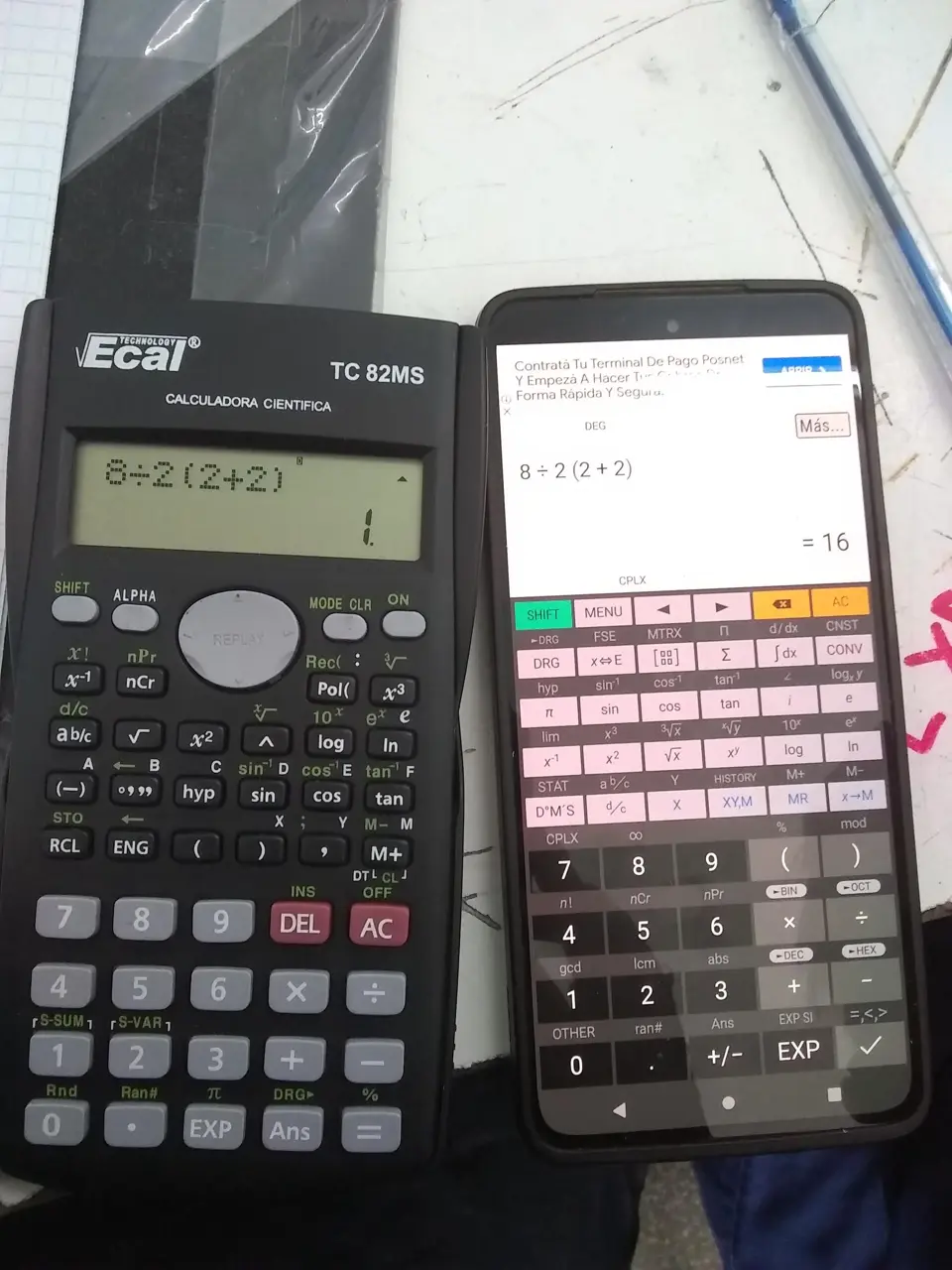this post was submitted on 03 Dec 2023
419 points (100.0% liked)
196
17516 readers
1210 users here now
Be sure to follow the rule before you head out.
Rule: You must post before you leave.
Other rules
Behavior rules:
- No bigotry (transphobia, racism, etc…)
- No genocide denial
- No support for authoritarian behaviour (incl. Tankies)
- No namecalling
- Accounts from lemmygrad.ml, threads.net, or hexbear.net are held to higher standards
- Other things seen as cleary bad
Posting rules:
- No AI generated content (DALL-E etc…)
- No advertisements
- No gore / violence
- Mutual aid posts are not allowed
NSFW: NSFW content is permitted but it must be tagged and have content warnings. Anything that doesn't adhere to this will be removed. Content warnings should be added like: [penis], [explicit description of sex]. Non-sexualized breasts of any gender are not considered inappropriate and therefore do not need to be blurred/tagged.
If you have any questions, feel free to contact us on our matrix channel or email.
Other 196's:
founded 2 years ago
MODERATORS
you are viewing a single comment's thread
view the rest of the comments
view the rest of the comments

Now you're getting it! Correct, they don't. They form an expression. Terms are separated by operators, and joined by grouping symbols. Expressions are made up of terms and operators (since, you know, operators separate terms). I told you way back in the beginning that 1÷2 is 2 terms, and ½ is 1 term. Getting back to the original question, 2(2+2) is 1 term and 2x(2+2) is 2 terms.
Which time that I mentioned textbooks, historical Maths documents, and proofs did you miss?
University professors don't teach order of operations - high school teachers do. That's like saying "Ask the English teacher about Maths".
Why would I want to when you ignore Maths textbooks and proofs? See my first comment in this post that you've finally got the difference now. See ya.
Terms, expressions, symbols, all those are terms about syntax. Not semantics. Do you start to notice something?
To learn. I challenge you again to explain the difference between syntax and semantics. Last chance.